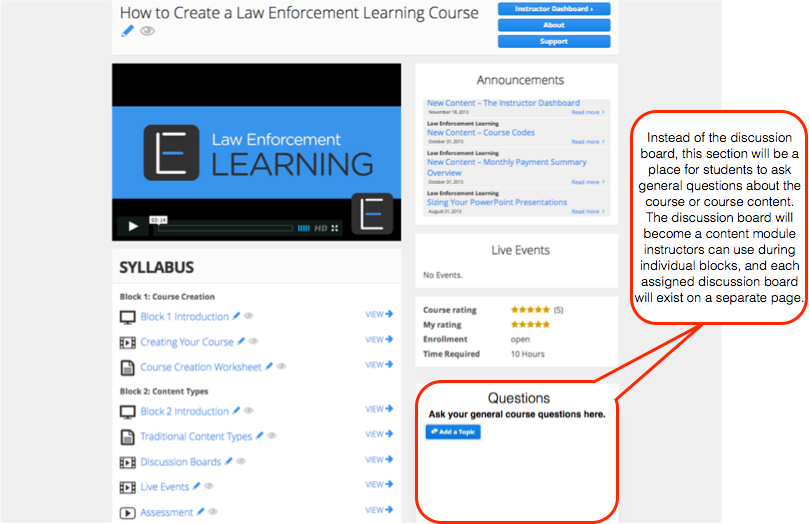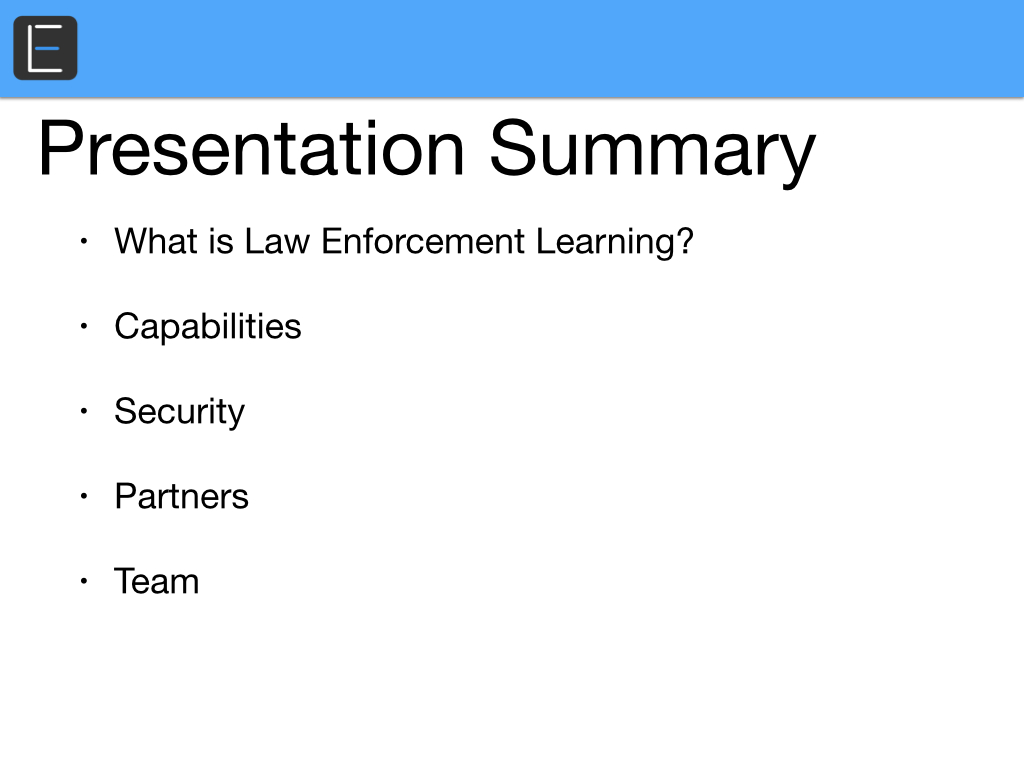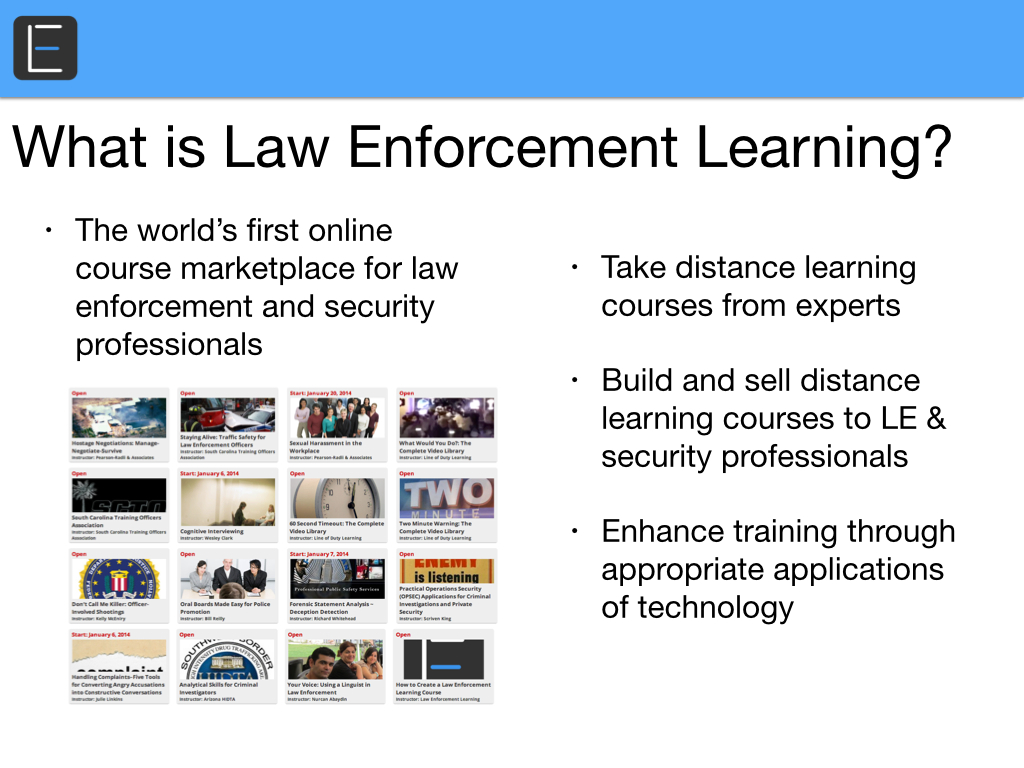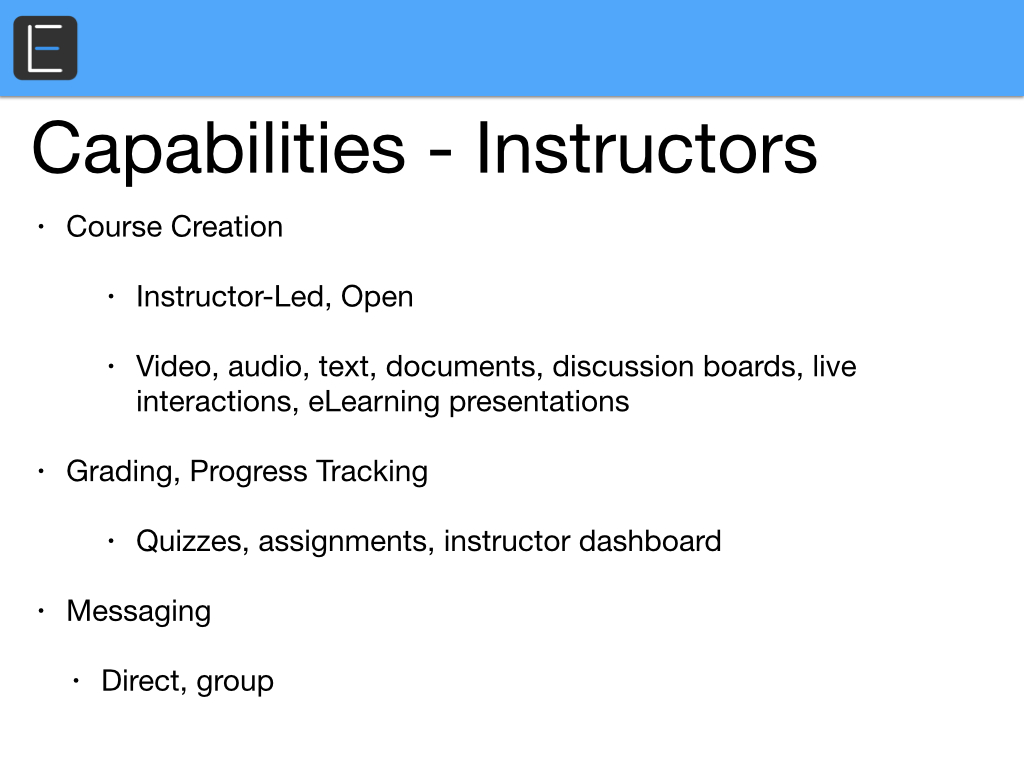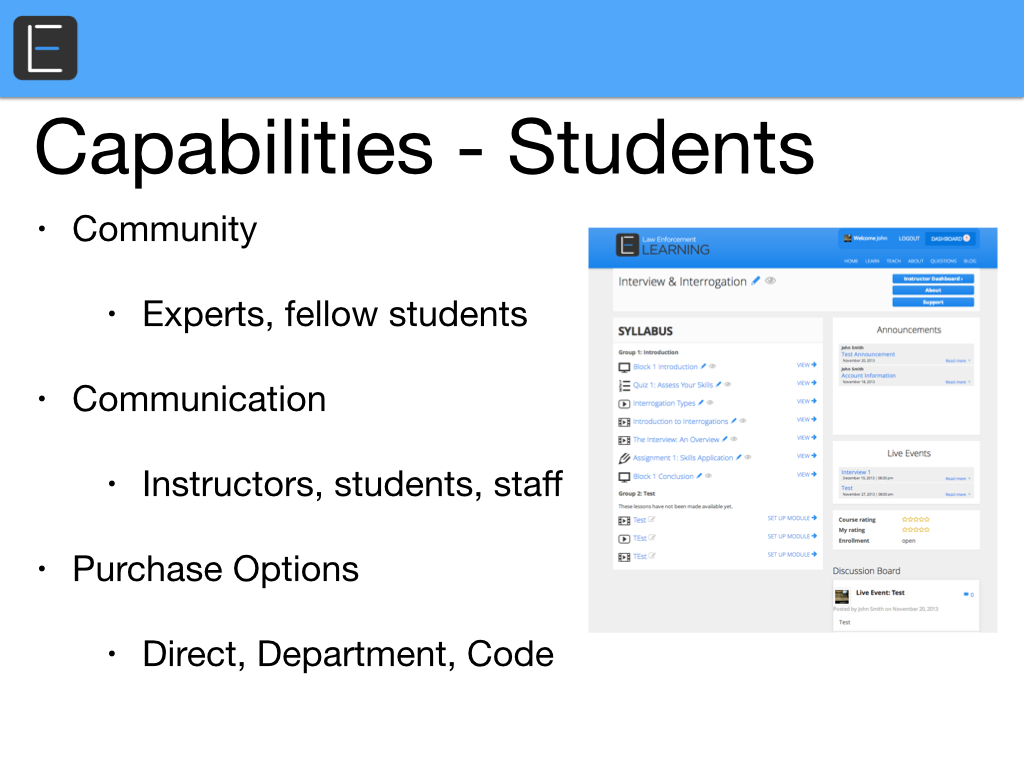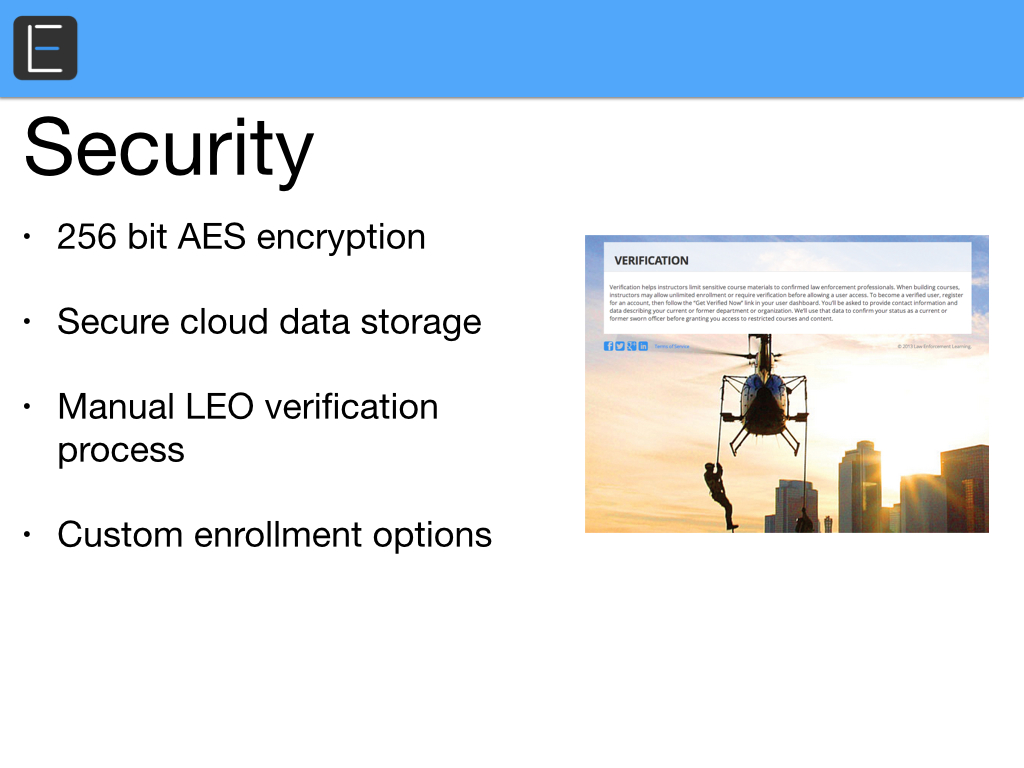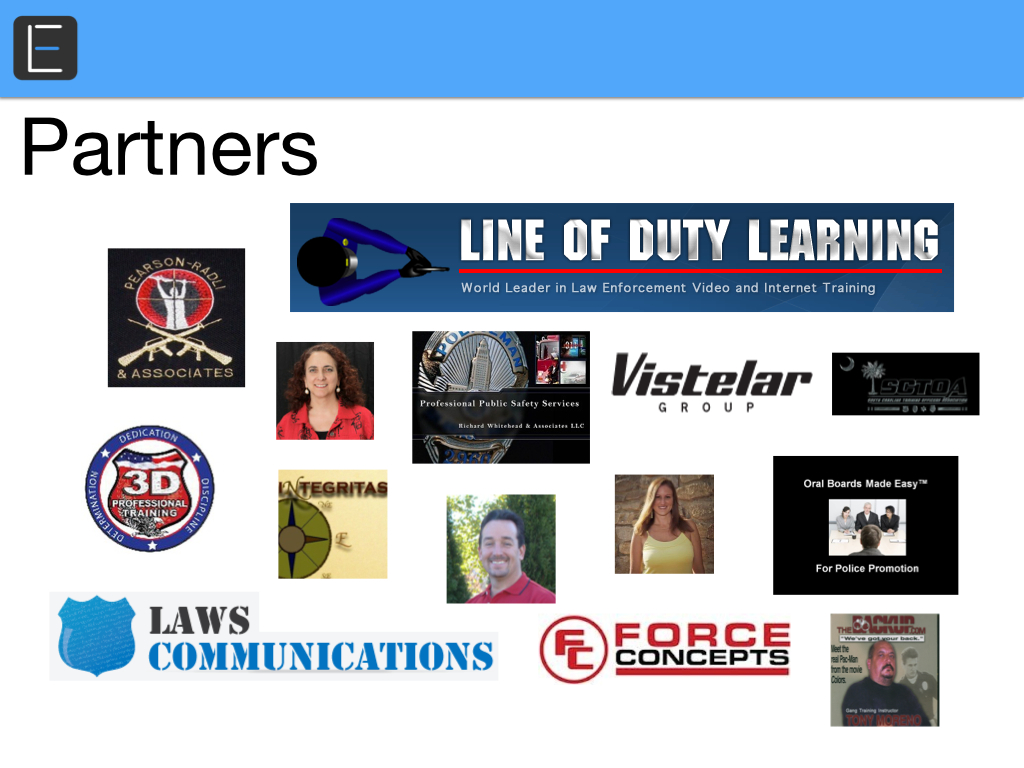 Editor’s Note: This post was written by money laundering expert Jessica Herbert. Check out Jessica’s background and courses here.
Editor’s Note: This post was written by money laundering expert Jessica Herbert. Check out Jessica’s background and courses here.
Criminal investigators and analysts uncover the layers of criminal organizations with investigative techniques using data and information from several sources. For money laundering investigations, these sources can be a continuous trail of transactions connecting persons, businesses and countries. This complexity can be intimidating and confusing, and the investigations lengthy. However, understanding basic elements of money laundering is critical to conducting comprehensive investigations. Here are three of the most serious myths that surround money laundering investigations. Take a look and see if you’ve encountered these myths in your department.

Myth: Criminals need bank accounts in order to launder money.
Fact: On a broad scope, money laundering is defined as the process where financial gains of criminal activity are made to appear legal. A variety of financial tools and services can be used to move illicit funds through the economic system, such as gift cards, reloadable value cards or casino chips. Non-bank institutions, such as pawnbrokers, jewelry dealers, and casinos offer services to trade in goods and services. Informal value transfer systems, also known as underground banking systems, also offer services to move finances around the globe.

Myth: Money laundering and terrorist financing is all the same.
Fact: The events of September 11, 2001, raised global awareness of both terms, which also caused some to think they are synonymous. Money laundering starts with criminal proceeds; terrorist financing may also start with criminal proceeds but also includes the legitimate funds obtained from charities, churches and businesses. Additionally, terrorist financing is defined by financial transactions that support the ideological purposes and actions of a defined terrorist group.
 Image by Flickr user Ken Teegardin
Image by Flickr user Ken Teegardin
Myth: To investigate money laundering, I need to be an accountant.
Fact: While being an accountant could definitely help, investigating money laundering takes more than just understanding how to balance the books. Investigators need to be aware of criminal enterprises and how these enterprises exploit economic systems to their advantage. Whether it is a narcotic or gambling operation, investigators identify the key persons and places involved. Arrests of individuals on these predicate offenses are great for departmental statistics. The primary goal of investigators should be to disrupt the financial supply chain of the criminal organization – dismantling the entire operation and recovering economic assets for their agency.

 In this short audio podcast, Featured Instructor Tony Moreno discusses his background, his time in the Los Angeles Police Department, and his connection to gangs. Moreno has been teaching about gangs in the US and abroad since 1982, and his investigative methods have influenced the operating procedures of a variety of local, national, and international organizations including the LAPD, the New Jersey Gang Investigators Association, and the International Latino Gang Association. If you are interested in learning more about Moreno, check out his
In this short audio podcast, Featured Instructor Tony Moreno discusses his background, his time in the Los Angeles Police Department, and his connection to gangs. Moreno has been teaching about gangs in the US and abroad since 1982, and his investigative methods have influenced the operating procedures of a variety of local, national, and international organizations including the LAPD, the New Jersey Gang Investigators Association, and the International Latino Gang Association. If you are interested in learning more about Moreno, check out his 
